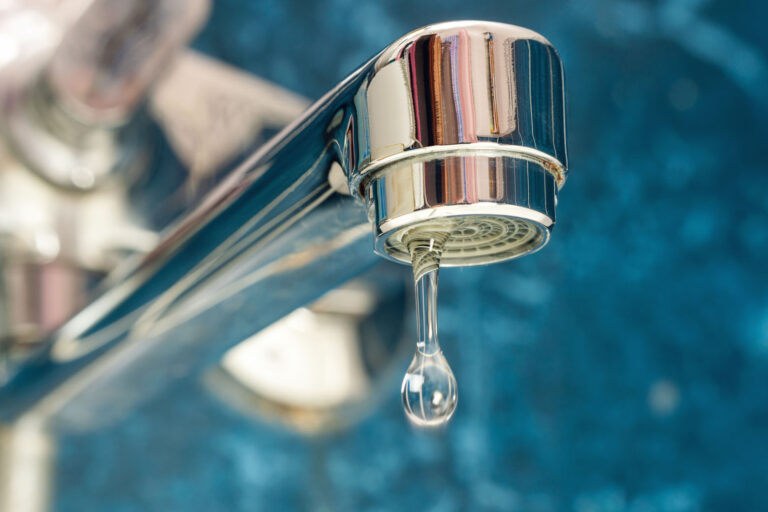Boil water advisories for Washington, D.C., and Arlington County, Virginia, were lifted more than nine hours later, affecting virtually the entirety of both jurisdictions.
A boil water advisory for all of Washington, D.C., and much of Arlington County, Virginia, was lifted Thursday morning, hours after thousands of residents were urged not to drink tap water without boiling it first.
At a press conference Thursday, officials with DC Water and the U.S. Army Corps of Engineers said a boil water advisory was issued late Wednesday night as a precautionary measure due to concerns about increased water turbidity amid unusually large algae blooms in the Potomac River and the reservoirs that serve as its headwaters.
But the advisory was quickly lifted after routine testing showed that water coming from the pipeline had never deviated from Environmental Protection Agency standards, said Col. Estee Pincher, commander of the U.S. Army Corps of Engineers’ Baltimore District.
This incident marked the first time in nearly 30 years that a boil water warning was issued across Washington, D.C. In 1996, all residents in the District were asked to boil their water, also over the Fourth of July holiday, and the request lasted for about a week, according to the D.C. Water Department.
A nine-hour boil water advisory affected all of Washington, DC, as well as most of Arlington County, including the Pentagon, Arlington National Cemetery and Reagan National Airport.
The Arlington County government, which issued its own flood warning on Thursday, also announced that the warning had been lifted.
The precautionary boil water advisory began Wednesday around 9 p.m.
The U.S. Army Corps of Engineers, which operates Aqueduct, said in a statement that it had notified DC Water of issues with algae blooms in the Potomac River that are causing increased turbidity in the water supply.
DC Water spokesman John Lyle told WTOP that the advisory was issued out of an abundance of caution to ensure fire emergency personnel have access to water and to ensure adequate water can be drained from the system, especially on major holidays like the Fourth of July.
“Turbidity can be an indicator of poor water quality, so it was determined the safest course of action is to advise people to boil the water,” Lyle said.
While cloudy water itself does not pose any health risks, it can hinder disinfection measures and make it easier for microorganisms to grow, DC Water said.
Sign up here to get the latest news and daily headlines delivered to your inbox.
© 2024 WTOP. All rights reserved. This website is not intended for users in the European Economic Area.

